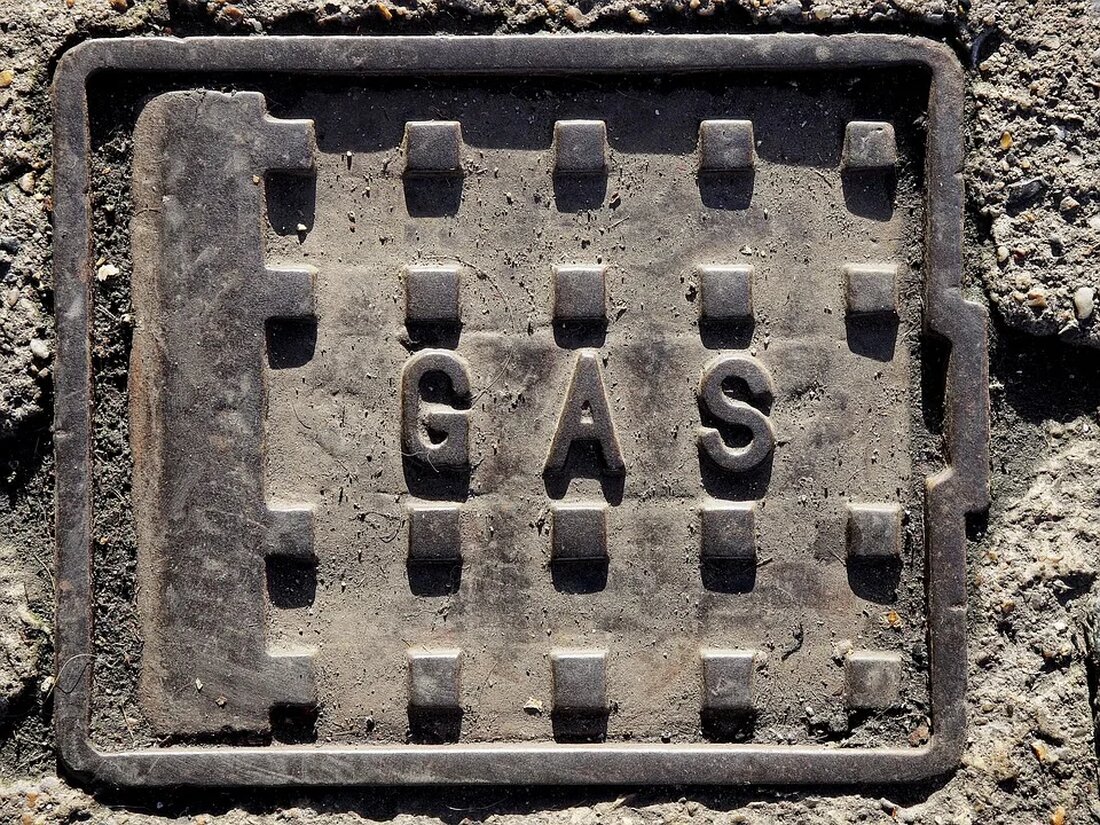Methane: The underestimated climate killer
Methan: The underestimated climate killer on the subject of methane and climate change among greenhouse gases is carbon dioxide (CO2) The best known and most discussed. But there is another gas that plays an even greater role in climate change: methane (CH4). According to CO2, methane is the second most important greenhouse gas that gets into the atmosphere through human activities. Although it is available in much lower quantities, methane has a much greater effect on the climate than CO2. The methane molecule and its properties methane is a colorless, odorless, flammable and explosive gas. Each methane molecule consists of four hydrogen atoms that are bound to a carbon atom. ...

Methane: The underestimated climate killer
Methan: The underestimated climate killer
on the topic of methane and climate change
Among the greenhouse gases is carbon dioxide (CO2) the best known and most discussed. But there is another gas that plays an even greater role in climate change: methane (CH4). According to CO2, methane is the second most important greenhouse gas that gets into the atmosphere through human activities. Although it is available in much lower quantities, methane has a much greater effect on the climate than CO2.
The methane molecule and its properties
Methane is a colorless, odorless, flammable and explosive gas. Each methane molecule is made up of four hydrogen atoms bonded to one carbon atom. Methane has a climate-damaging effect that is around 25 times stronger than CO2. The main reason for this is that methane molecules are much more effective at absorbing heat energy and storing it as CO2.
Origin of methane emissions
Methane emissions come from a variety of natural and man-made sources. Natural sources include wetlands, termite mounds and volcanoes. Human-made methane emissions come from agriculture, energy production and waste processing. By far the largest share of methane emissions from human activity comes from agriculture, particularly livestock.
The role of cattle breeding
Around 1.5 billion cattle are kept worldwide, the digestive process of which releases large amounts of methane. It is estimated that around a third of methane emissions from anthropogenic sources are due to cattle breeding. Another important output point is the large amounts of manure and manure that occur in animal husbandry and also creates methane when decomposed.
The methane paradox
The so-called "methane paradox" refers to the fact that methane, although it has a significantly shorter lifespan in the atmosphere than CO2 (about 12 years compared to hundreds of years), has a significantly stronger greenhouse effect. This is because methane is much more efficient at capturing and storing heat. Therefore, each individual methane molecule contributes far more to global warming than an equal volume of CO2.
Methane and the energy sector
The energy sector, especially the natural gas industry, also contributes significantly to methane emission. Methane emerges in the promotion, transport and burning of natural gas and coal. This means that even the so-called "clean" natural gas power plants contribute to methane emissions.
Biogas: problem or solution?
A controversial source of methane emissions are biogas plants. On the one hand, they produce sustainable energy from renewable sources and thus avoid CO2 emissions from fossil fuels, but on the other hand, methane emissions can arise during production and processing. However, an almost complete avoidance of methane losses can be achieved through optimized technologies and processes.
Methane emissions and the Arctic
The Arctic has a special focus in climate research. Due to the warming there, permafrost floors open and release large amounts of methane, which in turn contributes to warming.
Conclusion and outlook
The importance of methane in the climate debate cannot be underestimated. Measures such as improved practices in agriculture and the oil and gas industry, as well as preventing methane leaks in biogas production, could significantly reduce emissions. The potential for dangerous feedback loops, particularly regarding permafrost, makes reducing methane emissions an urgent challenge in the fight against climate change.

 Suche
Suche
 Mein Konto
Mein Konto
